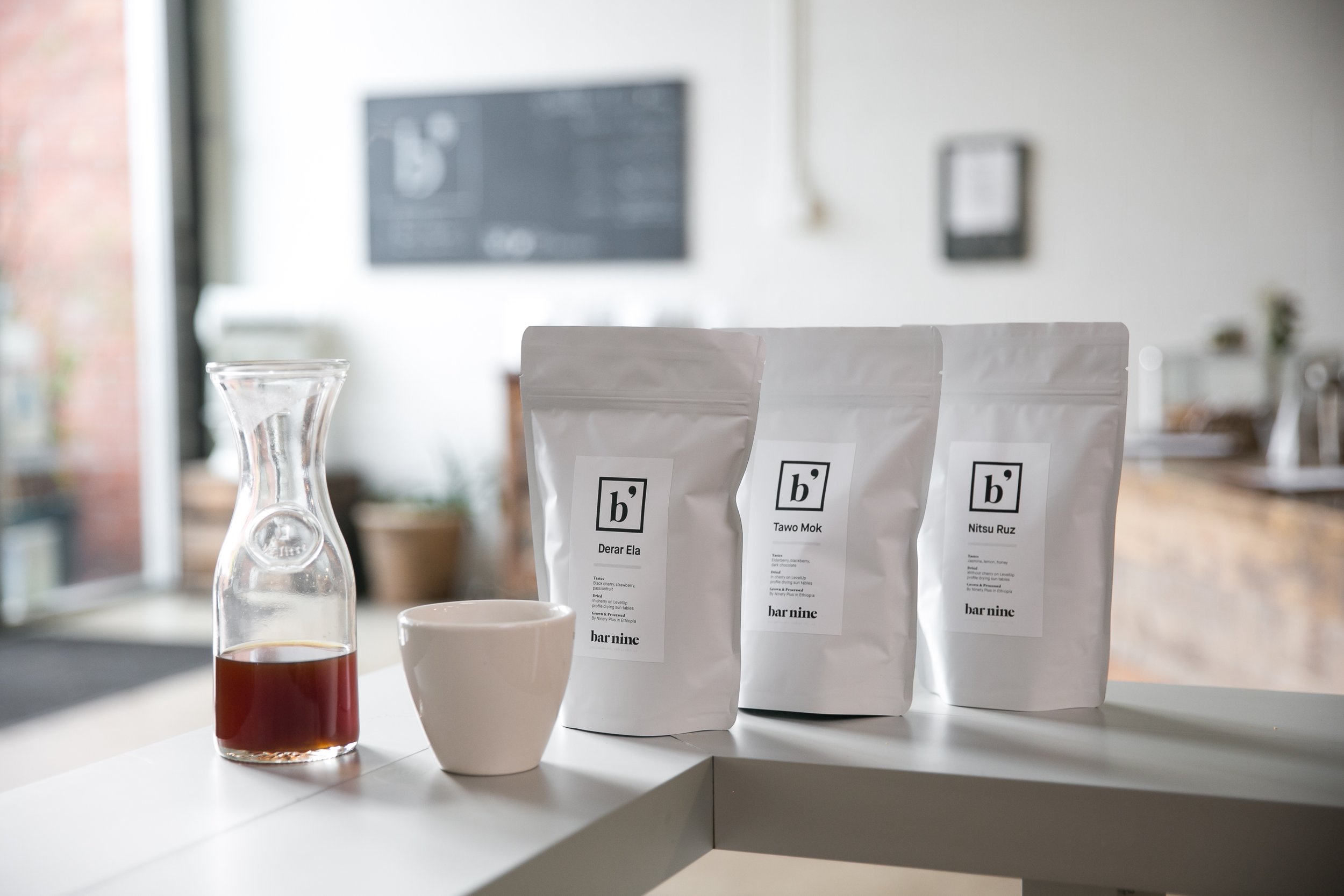Sourcing at Anticonquista Café
In Chicago, Roasters Elmer Fajardo Pacheco and Lauren Reese combat the economic inequities of the coffee business by starting at the source.
photo: will blunt
For Elmer Fajardo Pacheco and Lauren Reese of Anticonquista Café, their business has always been a family affair.
The couple works with and sources their beans from Fajardo’s farm in Chiquimula, Guatemala, which is managed by his brothers, who both have farms of their own. The close relationship between the farm and the roasters has led to a slew of impressive advantages for the couple as they grow their business. From intense quality control to experimenting with harvests, the accessibility that Fajardo and Reese have to the source of their product gives them the opportunity to bring fresh, consistent, and flavorful coffee to Chicago. They also understand, firsthand, how a cutthroat consumer market and the effects of climate change have impacted farms in the global south.
Through their work at Anticonquista Café, Fajardo and Reese have sought to educate customers on the changing environmental conditions, the intricate economic systems, and the labor behind the coffee they drink while building a more successful and equitable model. “I want to help the farmers,” says Fajardo, but “to help people, you have to do big things.” That means keeping Fajardo’s family involved in every step of the process—from communicating about moisture levels, to collaborating on packaging, to the search for a permanent brick-and-mortar space. They are enacting more sustainable systems on the farm and at the facility in Chicago as well, creating opportunities for the expansion of the agricultural side of the business. Fajardo’s brothers are now working with local markets in the area and growing crops beyond just coffee, like bananas and cardamom which are environmentally beneficial and add another source of revenue. These changes, adaptations, and innovations are aimed at cutting out the middleman and solidifying a supply chain that supports farmers through better working conditions and higher pay. Not to mention, it benefits the consumer as well. “No one usually asks the farmers,” says Reese, but this “level of collaboration and connection allows us to have as good a quality as possible.”






